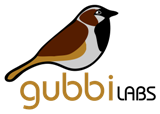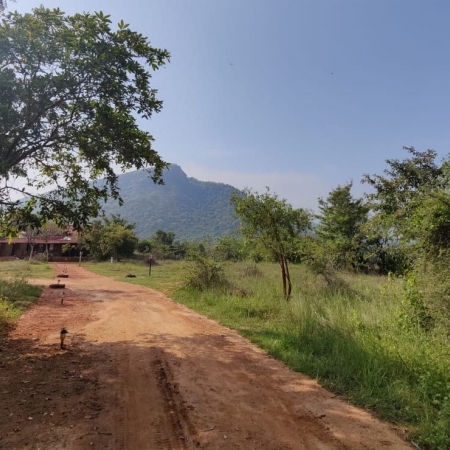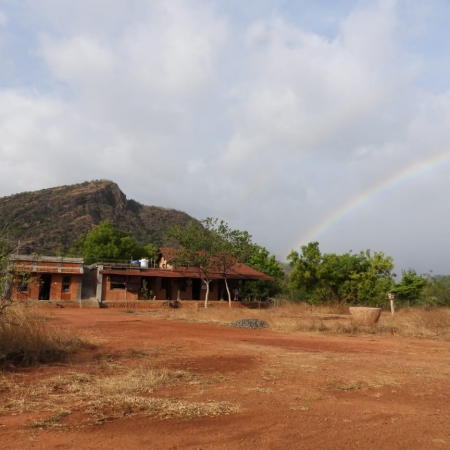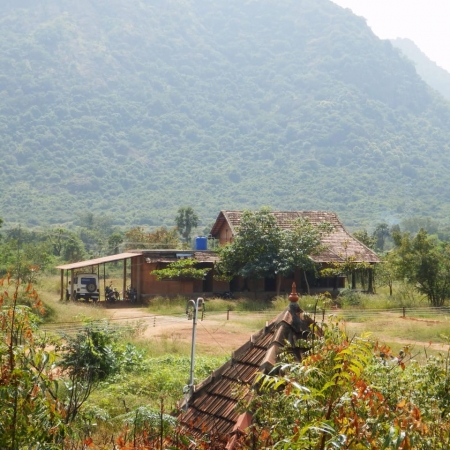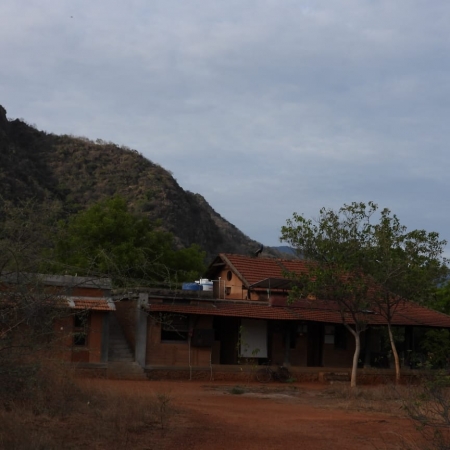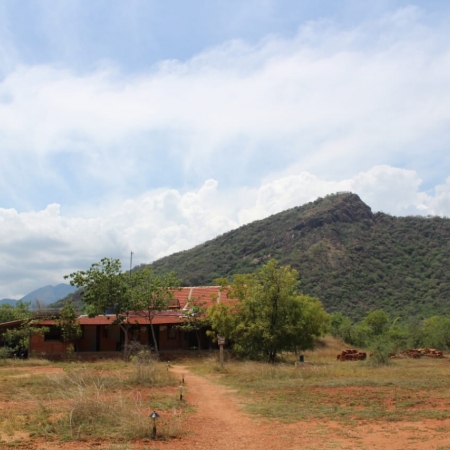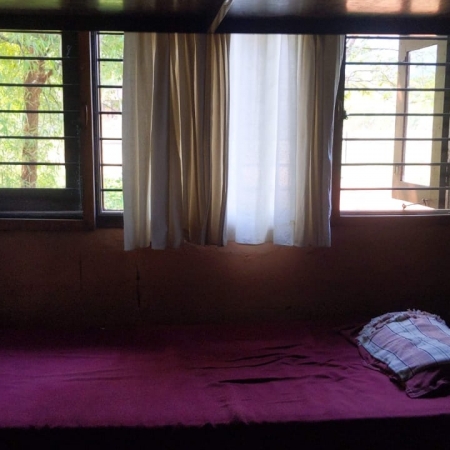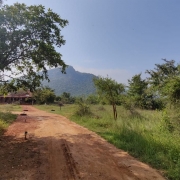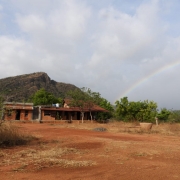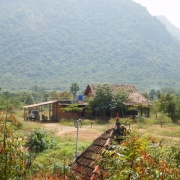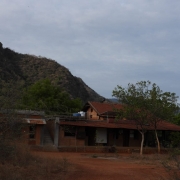“Science Communication Essentials” is an intense 2-day program, which aims to equip participants with the basics of science communication. Key concepts and theoretical background, with references to the situation in India today, will form a critical part of the theory sessions. Some generic rules about writing short news stories and longer feature articles will be conveyed and immediately put to test using both in class and at home assignments. Examples of “good” and “poor” writing will be discussed and participants will be encouraged to arrive at guidelines for themselves based on discussions of published work and their own writing.
Eligibility:
Participation is limited to 20 applicants.
This program is open to those from any domain and not limited to engineering, sciences, ecology and social sciences. Applicants will be asked to submit a 500 word statement of why they want to attend the workshop.
Important Dates:
Application deadline: 22nd January 2015
Workshop will be held on: 24th and 25th January 2015
Faculty: The workshop will be led by Dr. Sandhya Sekar and Mr. Madhukara Putty along with a few Guest Faculty. Depending on the response we get, we will also try to arrange for a professional journalist to attend and share their views about how the news media works.
Charges:
Applicants from IISc are not charged! Non-IISc participants will be charged at Rs.5000/- per participant. Travel to and fro has to be borne by the participants.
Application: Interested participants are encouraged to apply online here. Candidates will be short-listed first on the basis of their application.
Session Outline:
DAY 1
Theory
- The need for science communication
- Differences between science communication, science journalism and investigative science journalism
- Science communication in the Indian context (history, current status)
- The standard communication model (Shannon-Weaver model for information flow)
- Contrasting the science news cycle and the press news cycle
Post lunch writing session
The whole group will read and analyse examples of “good” and “bad” writing. See if we can get take-home messages from these. Take the plunge and try writing a news piece from a new scientific paper in class. Finish at home if necessary.
DAY 2
Start with participant articles from the day before – discussion.
Theory session
- The structure of a science news story
- Target audiences, style guides and language used
- Where do you publish your work?
- What is a pitch, how to write an effective pitch
Post lunch writing session
We will pick a current paper and write it in class. Go through the whole exercise: write a pitch, decide where to publish it, decide who to interview.
Take home assignment: We give the participants all the material required for a particular news story. Participants write it up and after finishing the write-up, they will get feedback.
